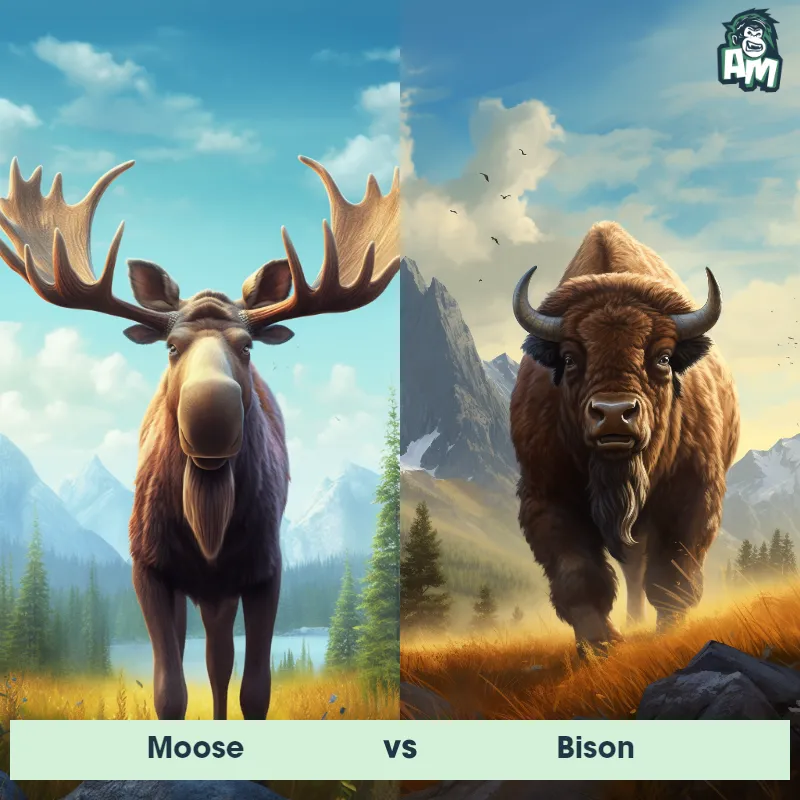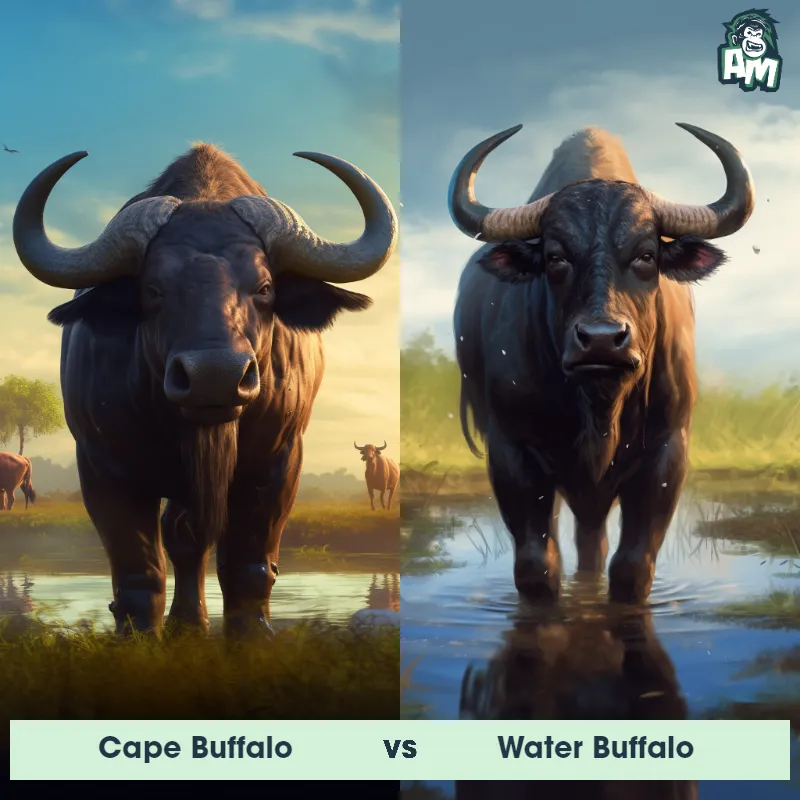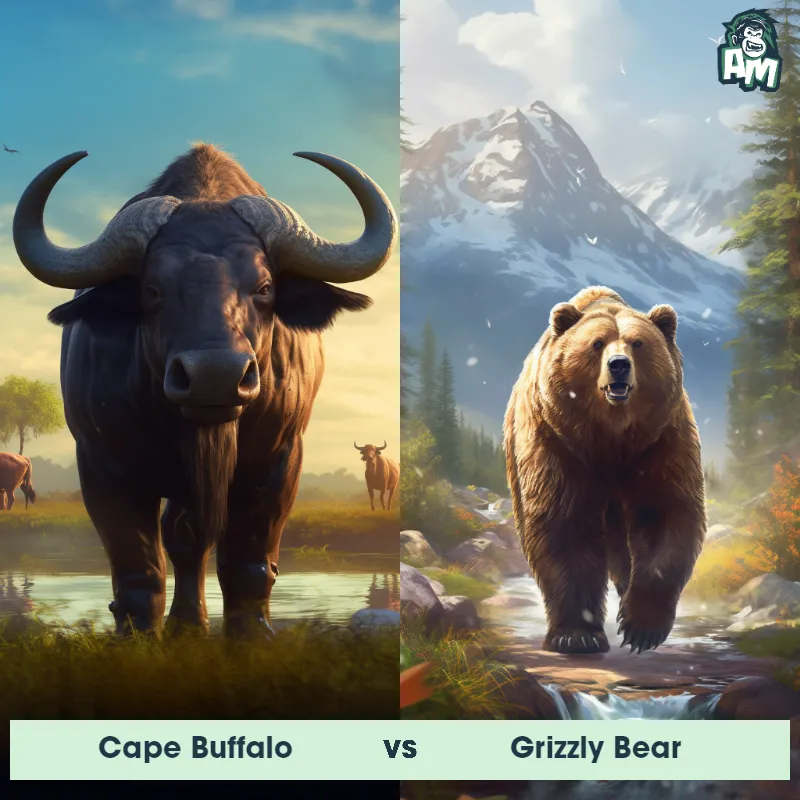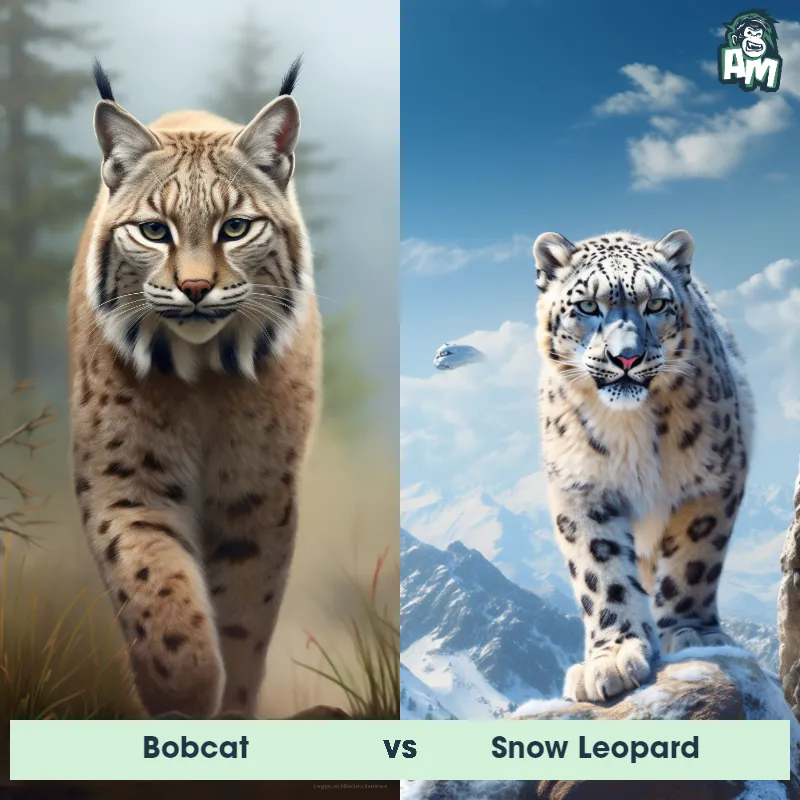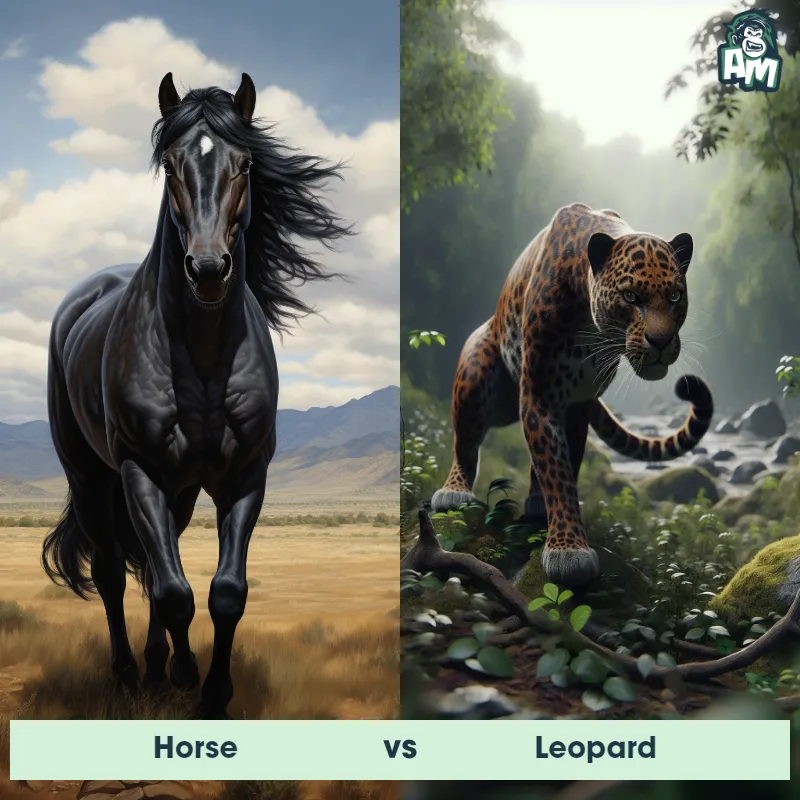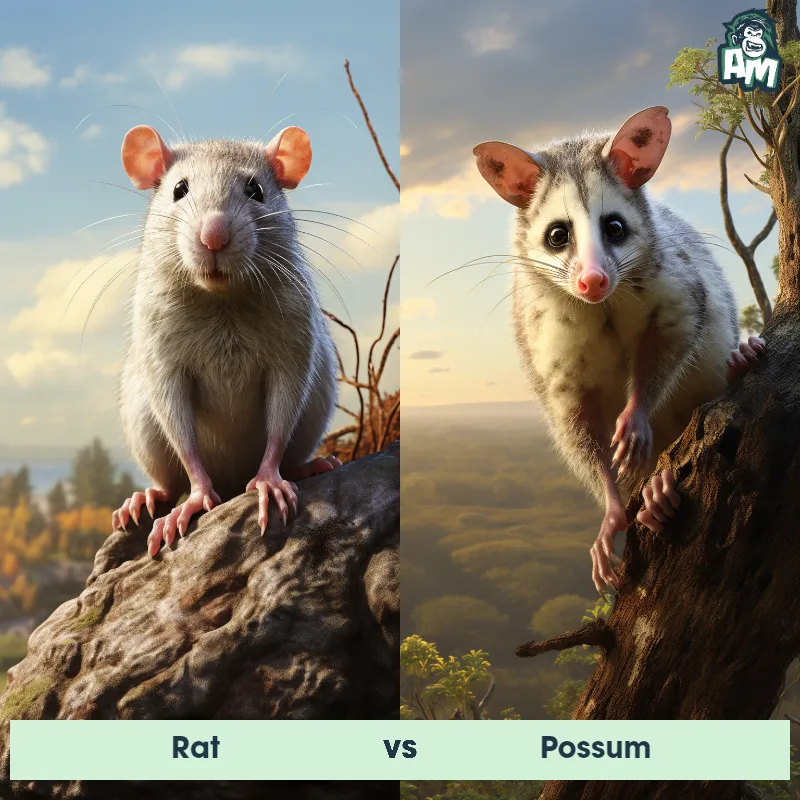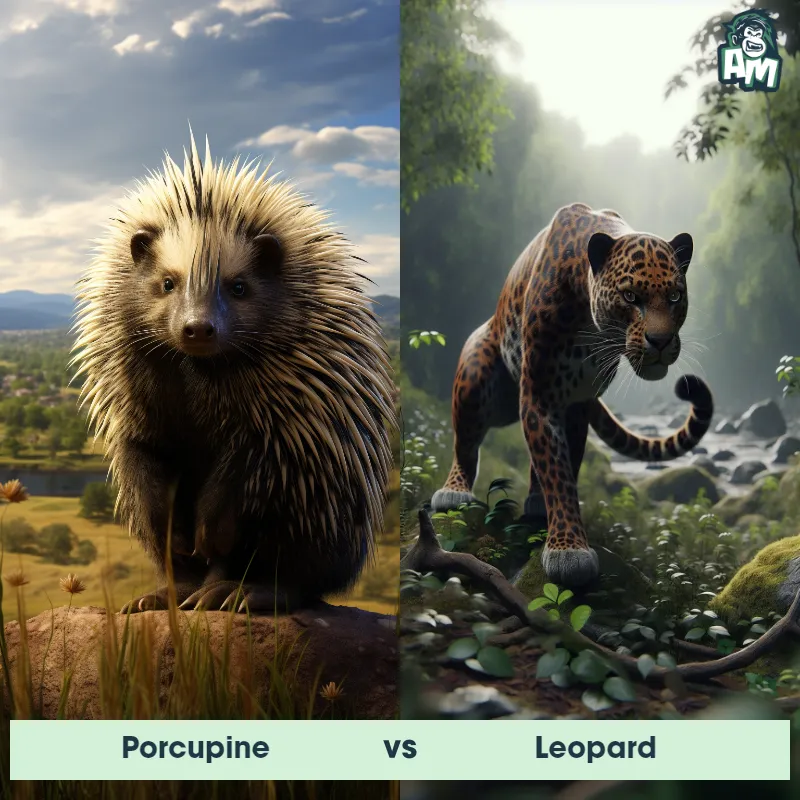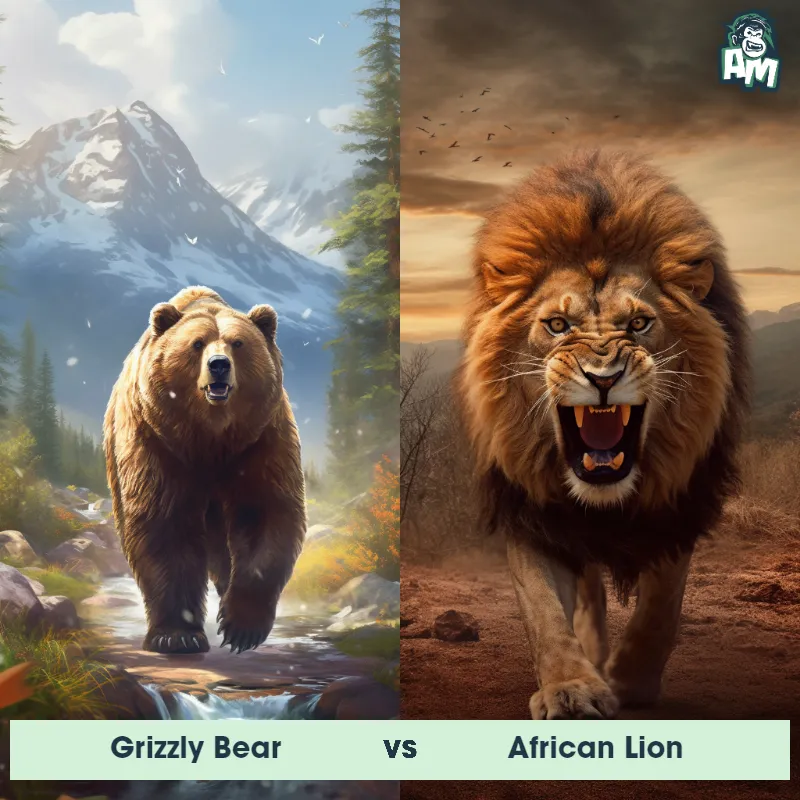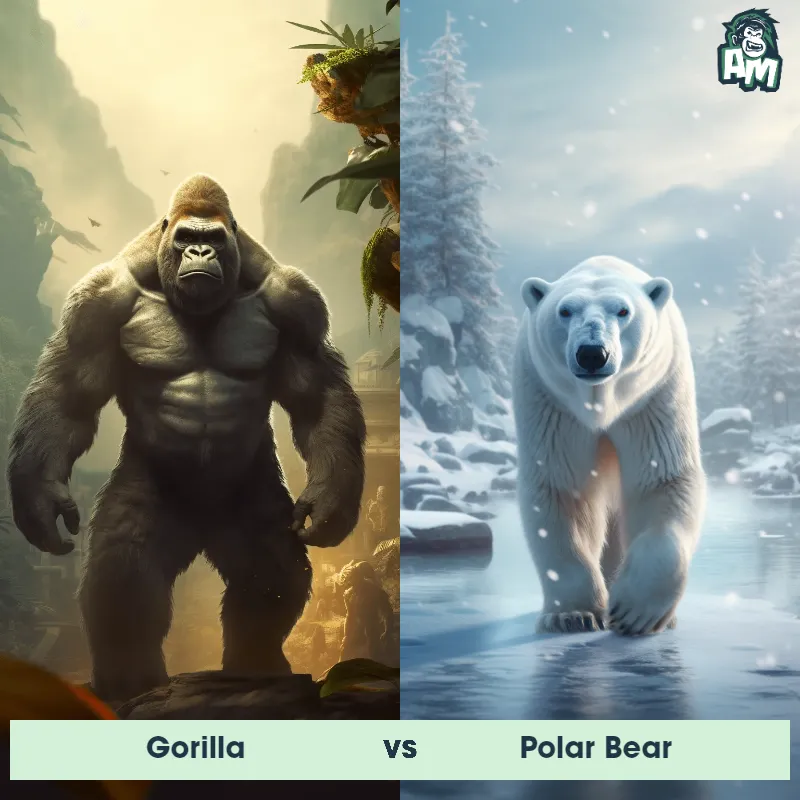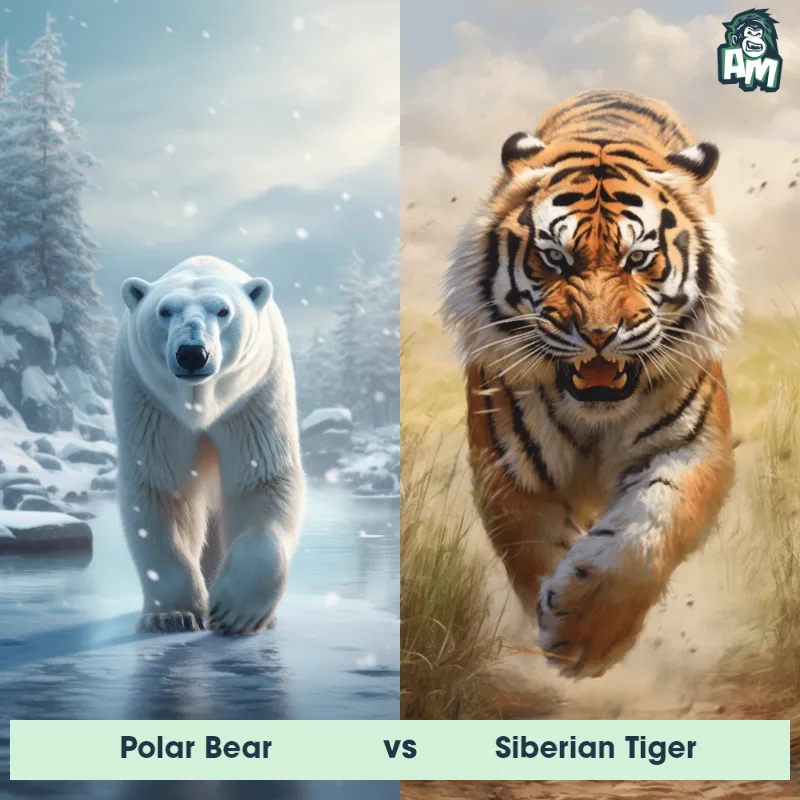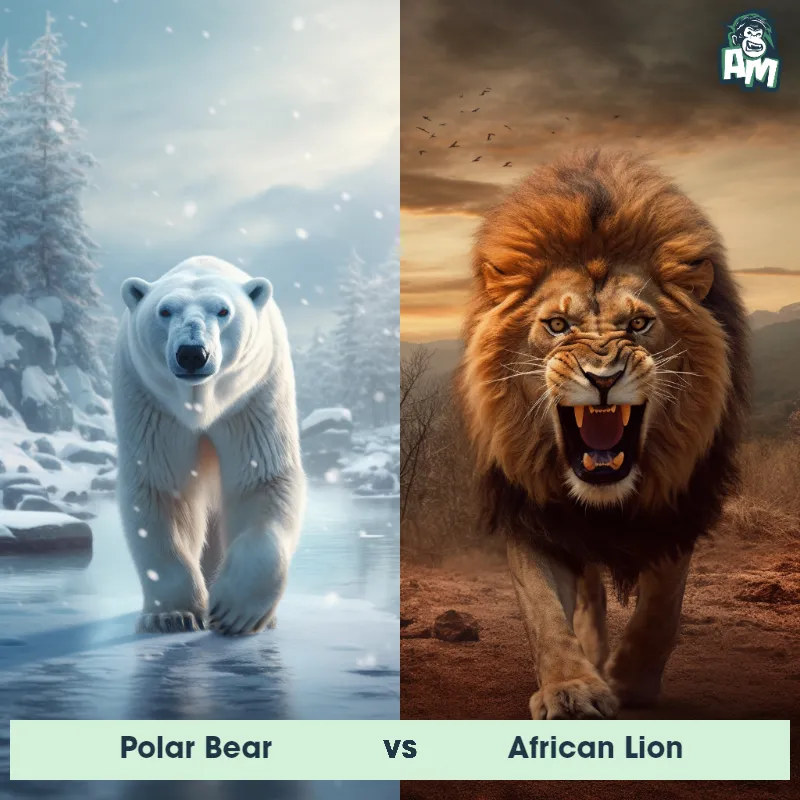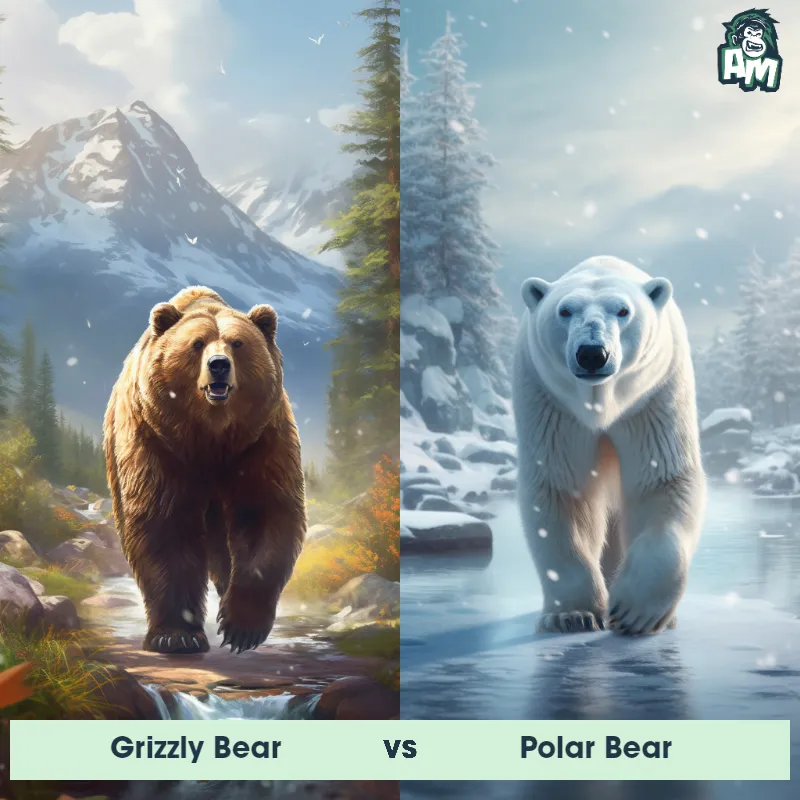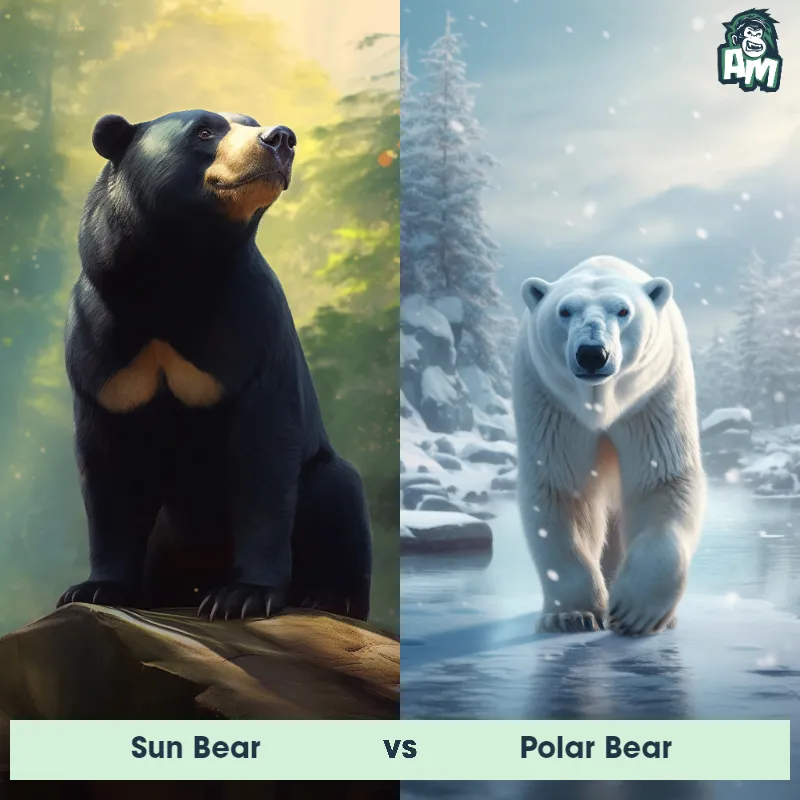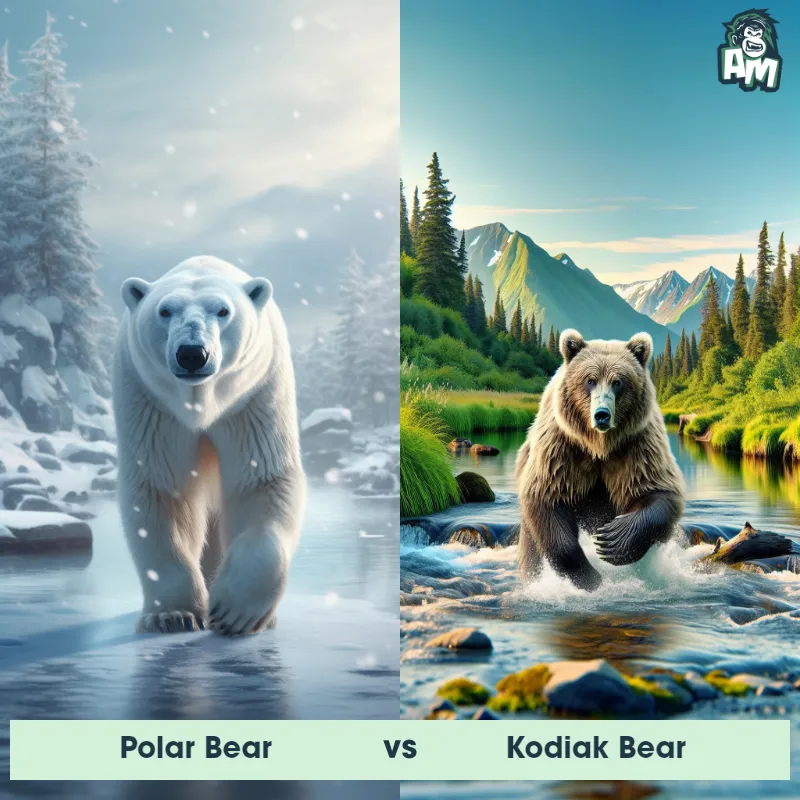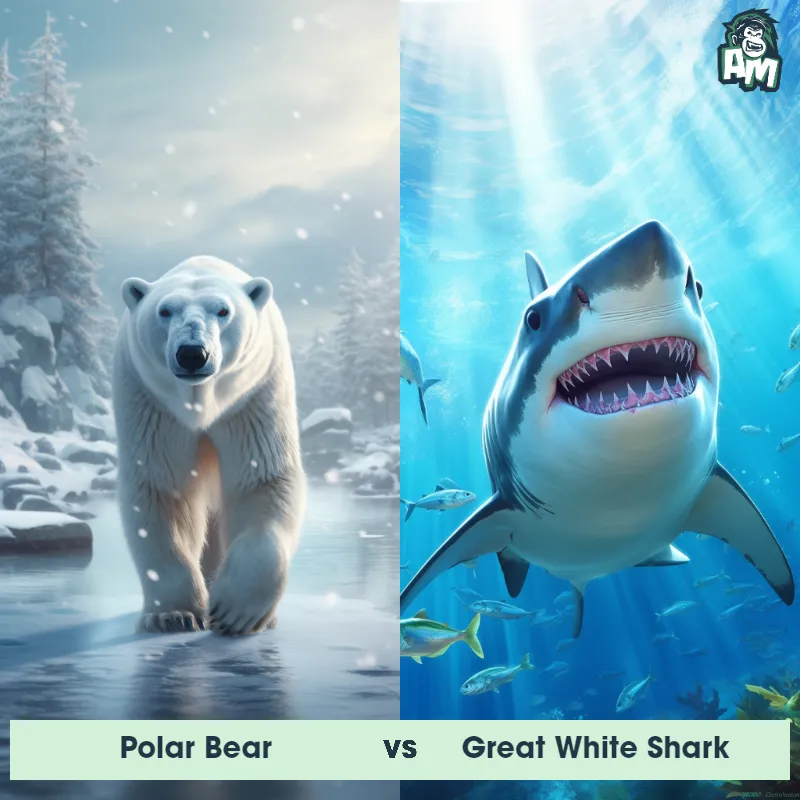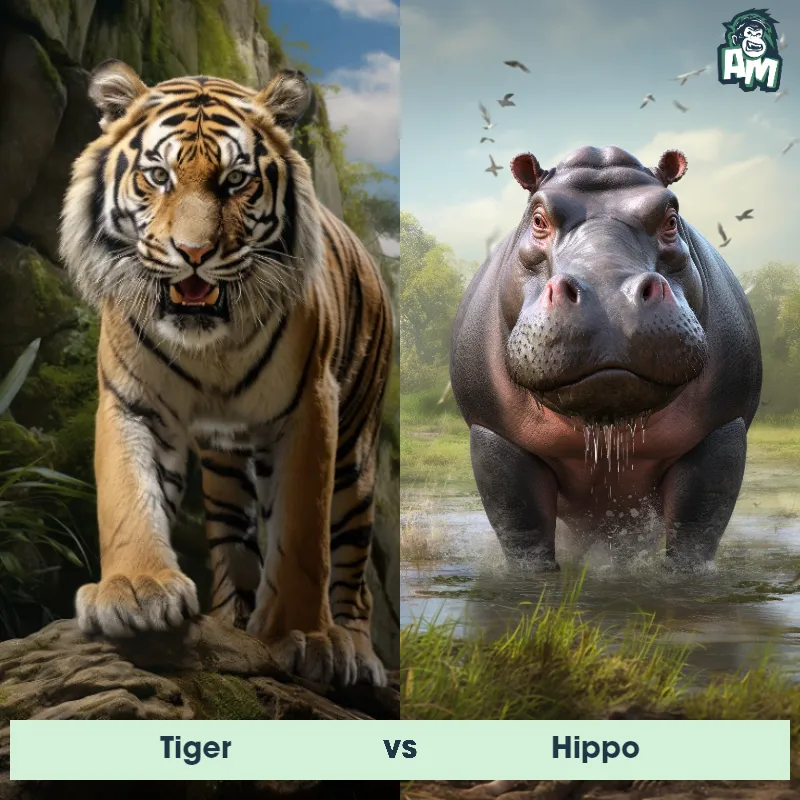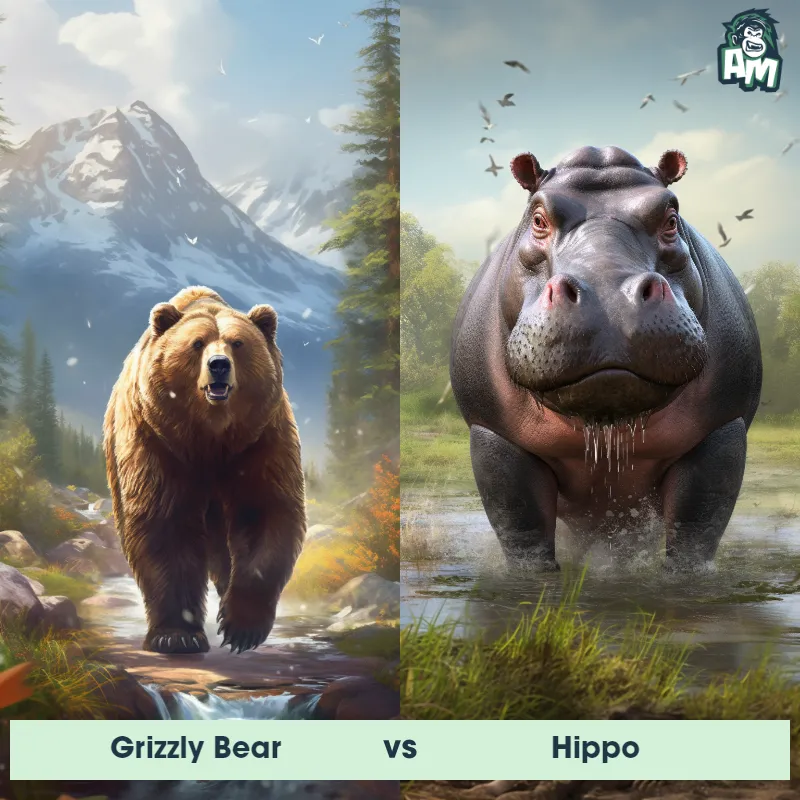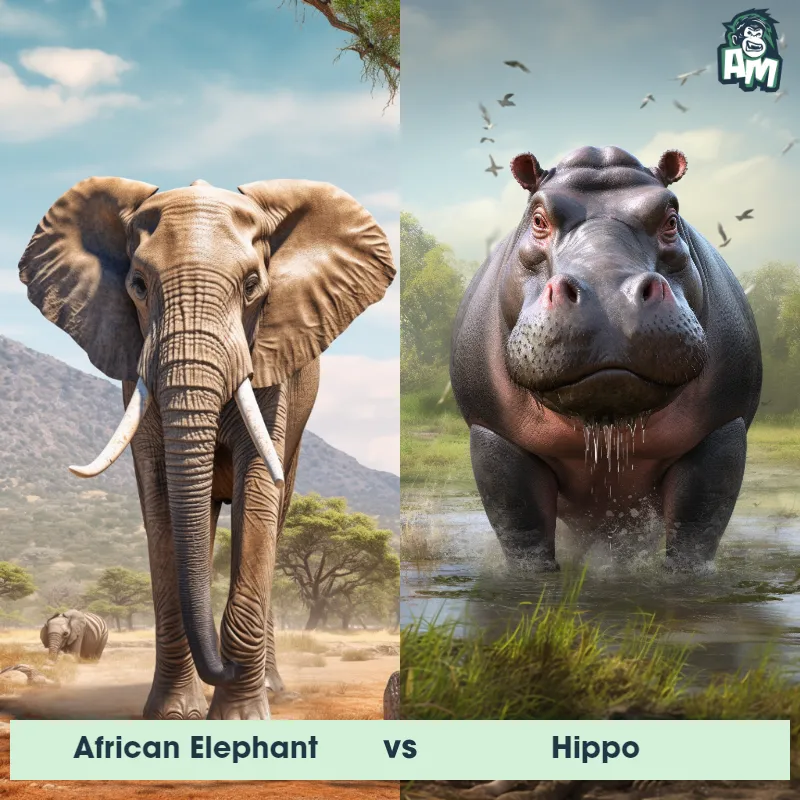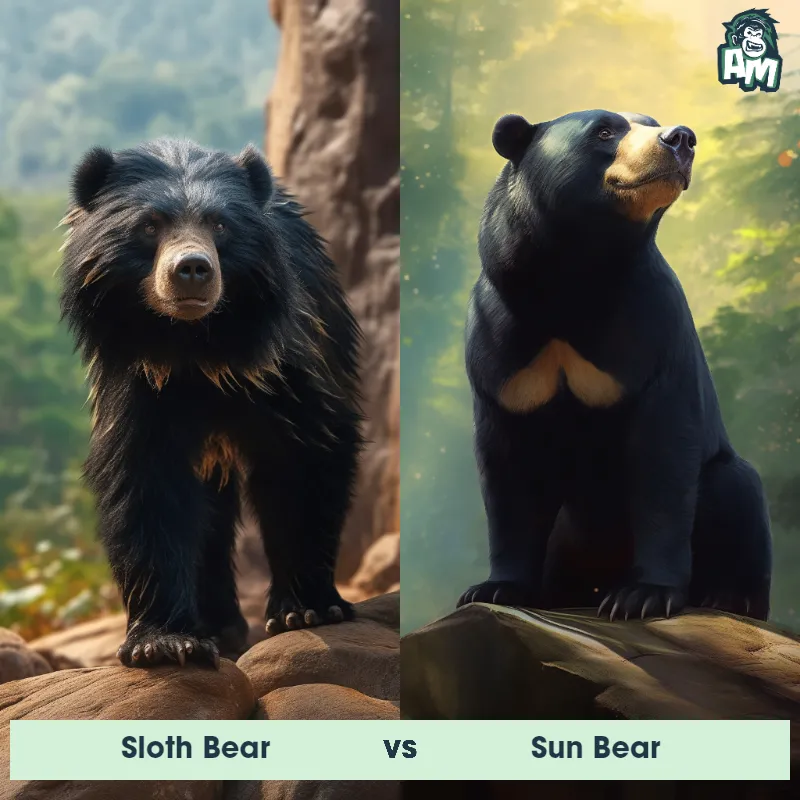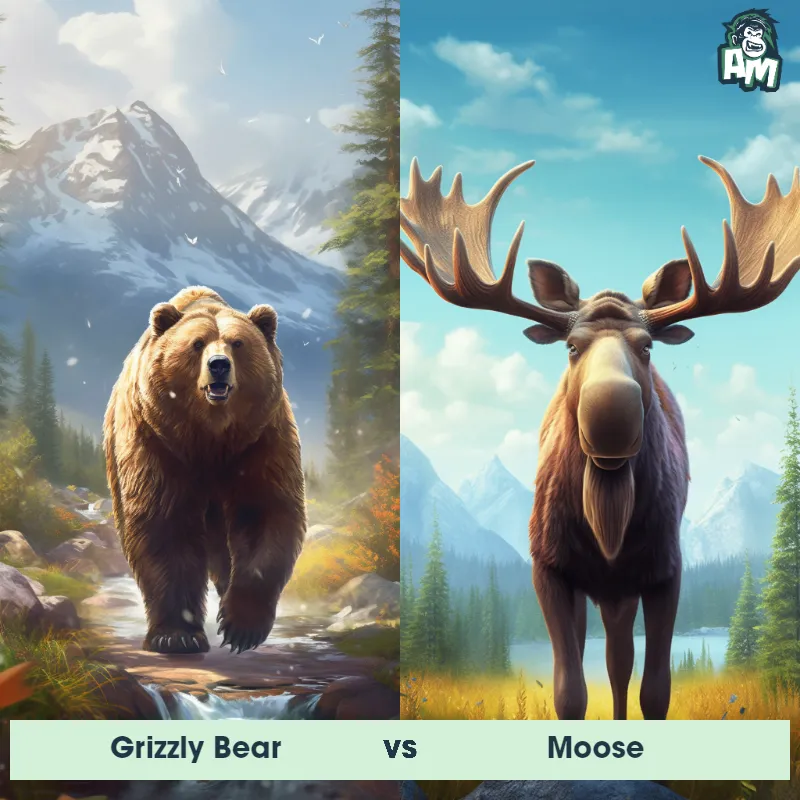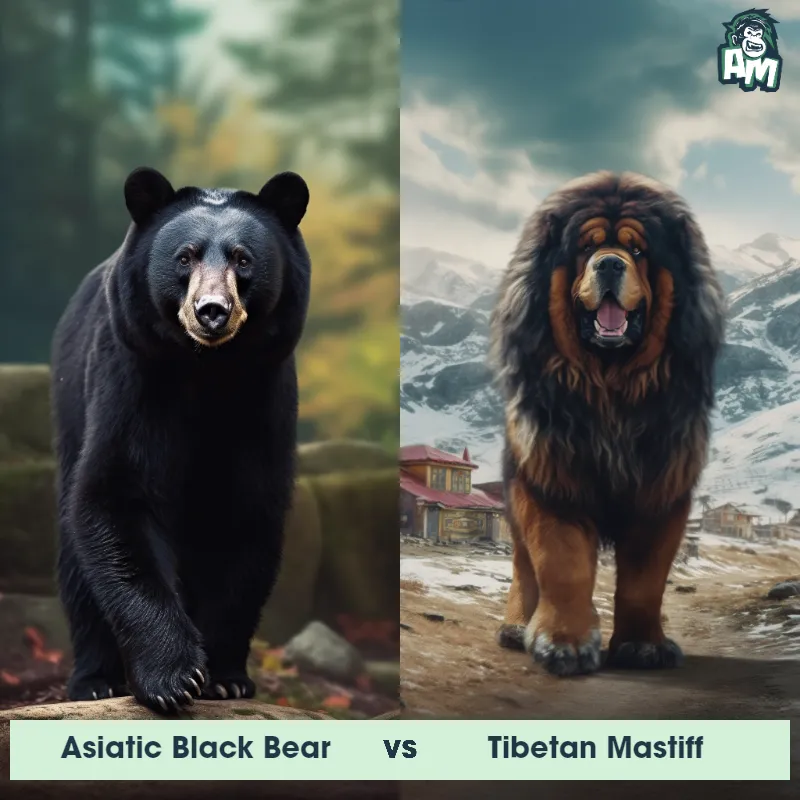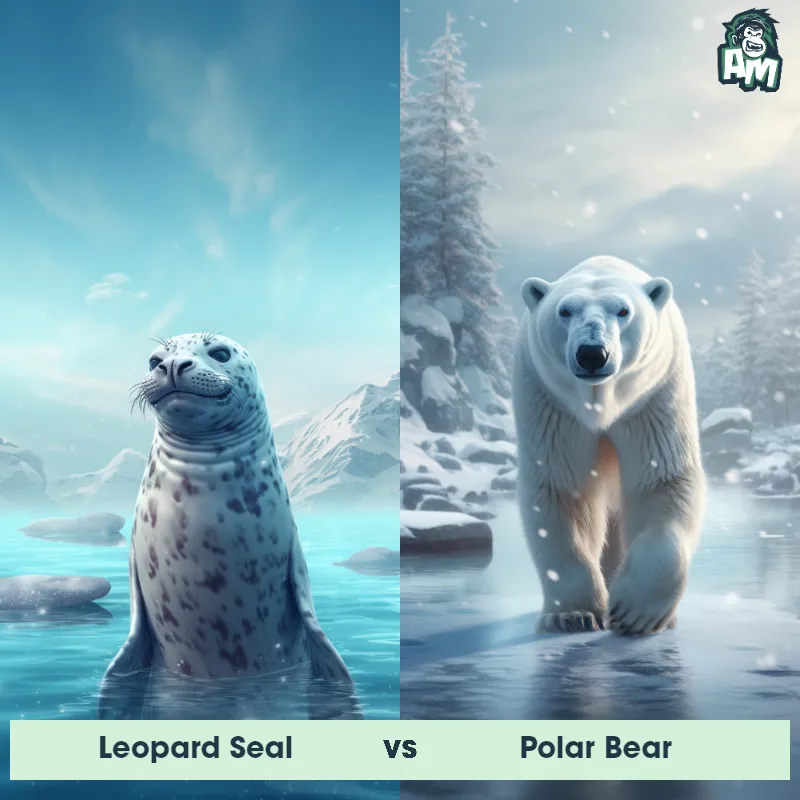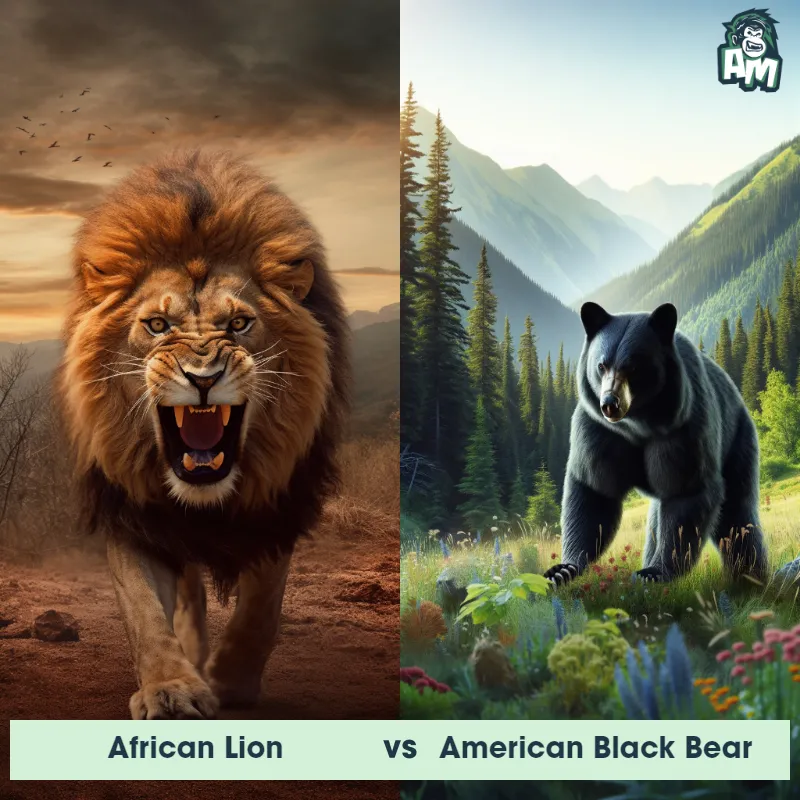Polar Bear vs HippoSee Who Wins

Good evening, ladies and gentlemen! Welcome to the most anticipated showdown in the heart of the wilderness. We gather here tonight as two mighty creatures enter this battleground, ready to prove their dominance and claim victory. In one corner, we have the colossal and fearless Polar Bear. And in the other corner, we have the formidable and powerful Hippo. It's time to witness nature's ultimate clash of strength and strategy. Without further ado, let the battle begin!
Contender 1: Polar Bear
The Polar Bear, also known as the Ursus maritimus, is a large carnivorous mammal that inhabits the Arctic region. They have a thick white fur coat that helps them blend in with their snowy surroundings, and their large paws are equipped with sharp claws that allow them to grip onto ice and catch prey. Polar Bears are excellent swimmers and can swim for long distances in search of food. They are also known for their incredible sense of smell, which they use to detect prey from miles away.
![[object Object] Gif](https://tenor.com/view/fight-mission-critical-nat-geo-wild-scuffle-brawl-gif-20524033.gif)
Fun Fact: Polar Bears have a layer of fat that can be up to 4.5 inches thick, which helps them stay warm in the frigid Arctic temperatures.
Contender 2: Hippo
The hippopotamus, often simply referred to as the hippo, is a large, mostly herbivorous mammal native to sub-Saharan Africa. With a barrel-shaped body, short legs, and a massive head with a broad, round snout, the hippo is the third-largest land animal after the elephant and rhinoceros. Hippos spend most of their day in the water or mud to keep their skin moist and protect it from the sun. Despite their bulk, hippos are excellent swimmers and can run surprisingly fast on land.
Fun Fact: Hippos secrete a natural sunscreen in the form of an oily red substance, which earned them the nickname "blood sweat," although it is neither blood nor sweat.
Matchup Stats
| Polar Bear | Hippo | |
|---|---|---|
| Size | 8-10 feet (2.4-3 meters) | 5 feet tall at shoulder, 13 feet long (1.5 meters tall at shoulder, 4 meters long) |
| Weight | 900-1,600 pounds (408-725 kilograms) | 3,000 to 4,000 pounds (1,400 to 1,800 kilograms) |
| Speed | Speed: 25 mph (40 km/hr) | 19mph (30km/h) |
| Key Strength | Powerful jaws and sharp claws | Powerful jaws with large teeth |
| Biggest Weakness | Slow movement on land | Poor eyesight |
Current Votes
Polar Bear vs Hippo
See Who Wins
View More Matches
Looking For More?
Similar Matches
Scientific Stats
| Polar Bear | Hippo | |
|---|---|---|
| Scientific Name | Ursus maritimus | Hippopotamus amphibius |
| Family | Ursidae | Hippopotamidae |
| Habitat | Arctic region | Rivers, lakes and swamps |
| Geography | Arctic Circle | Sub-Saharan Africa |
| Diet | Carnivorous, primarily seals | Herbivorous, primarily grasses |
| Lifespan | 20 years - 30 years | 40 years - 50 years |
Key Differences between Polar Bear and Hippo
- Size: The Polar Bear is much larger than the Hippo, with adult males measuring up to 10 feet tall on their hind legs and weighing around 1,500 pounds, while the average Hippo is around 4 to 5 feet tall and weighs between 3,500 to 4,500 pounds.
- Snout: The Polar Bear has a long and slender snout, which helps them catch prey in the water and navigate through ice, whereas the Hippo has a large and wide snout that is more adapted for grazing on land.
- Fur: The Polar Bear's fur is white, providing excellent camouflage in the snow, but it has black skin to help absorb and retain heat. Conversely, the Hippo lacks fur entirely and has a hairless skin, varying from dark gray to pinkish in color.
- Shape: The Polar Bear has a long and streamlined body, adapted for swimming in the Arctic waters, with a characteristic hump on its back. In contrast, the Hippo has a large barrel-shaped body with short legs and a bulky appearance.
- Habitat: Polar Bears are found in the Arctic regions, primarily on sea ice and near coasts, while Hippos inhabit sub-Saharan Africa's rivers, lakes, and swamps, preferring freshwater habitats.
- Ears: Polar Bears have small, rounded ears, which help reduce heat loss in cold weather, while Hippos have large, prominent ears that rotate and allow them to hear while submerged in water.



